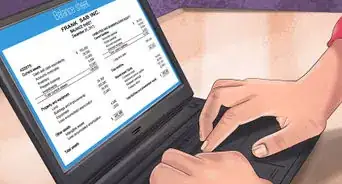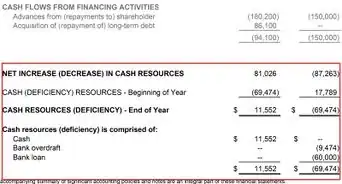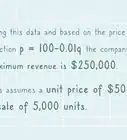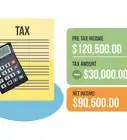This article was written by Jennifer Mueller, JD. Jennifer Mueller is an in-house legal expert at wikiHow. Jennifer reviews, fact-checks, and evaluates wikiHow's legal content to ensure thoroughness and accuracy. She received her JD from Indiana University Maurer School of Law in 2006.
There are 9 references cited in this article, which can be found at the bottom of the page.
This article has been viewed 57,090 times.
If a business takes out a loan secured by business property or other assets, such as equipment, a UCC financing statement form is filed. These forms are typically filed with the secretary of state in the state where the business is located. If the loan is secured with real property, such as land or an office building, the form may also be filed with the recorder or clerk of the county where the property is located. Many states allow you to search UCC filings online. However, if you want a copy of the full form, which may include the debtor's Social Security number or other identifying information, you must complete an official request and pay a fee.
Steps
Searching Secretary of State Records Online
-
1Locate the correct secretary of state's website. UCC financing statement forms must be filed in the state where the borrower is located. Most states have online directories of UCC filings available on the secretary of state's website. These directories provide basic information on whether a UCC filing exists.[1]
- You can easily find the website for each state's secretary of state by visiting the website of the National Association of Secretaries of State at http://www.nass.org/. Scroll down to "Find Your Secretary of State" and enter the name of the state.
-
2Enter your information. The type of information you can use to search UCC filings varies among states. In some states, you can only search using the financial statement number or the name of the debtor. Other states allow additional search criteria.[2]
- If you're searching by the name of the debtor, you must have the exact legal name to pull up any UCC filings.
Advertisement -
3Retrieve your results. The website will return results based on the information you entered. If you don't get any results, that may mean there are no UCC filings at all. It may also mean that you entered the information incorrectly.[3]
- If you get no results, you may want to double-check the name of the business. Sometimes the name you know a business by may not be the business's legal name. It's also possible that the loan was taken out individually by one of the business owners, rather than in the name of the business itself.
-
4Record financial statement numbers. If you find a filing and want to order a full copy, including the financial statement number on your information request will ensure that you receive the correct documents.[4]
- The file number will be listed next to your search results. Copy it exactly, along with the exact name of the debtor.
- Some states will give you the option to order copies of UCC filings online by selecting the filing you want. If this option is available to you, using it can help avoid the risk of mistakes.
Searching County Clerk Records
-
1Gather information about the property. If you believe a business loan has been secured with real property, the UCC filing may be at the county clerk's office rather than filed with the state's secretary of state. This is most common with agricultural loans.
- You will need the exact legal name of the property owner, as well as the location of the property. You may be able to search by street address.
-
2Identify the county clerk where the business's property is located. Each county has a clerk's office that keeps records of the property located in that county. Sometimes this office is referred to as the registrar's office or the register of deeds office.
- County clerks typically have a website. Do a general online search for "county clerk" or "county deeds" with the name of the county where the property is located to find the website.
- Once on the county clerk's website, you can find out if there are any online services available. Even if they don't offer online services, you can still get the address and phone number of the office.
-
3Search property records online. Some counties allow you to search property records from the county clerk's website. Any liens on the property would appear, provided you entered the correct information about the property owner.[5]
- This option is more often available with more populous county. Rural areas may not have any online services.
- If you don't get any results from your search, you may have been too specific. For example, if you searched by the exact street address and got no results, take off the street number and search again. While this may give you several results, you can scroll through these to find the correct property.[6]
-
4Go to the office in person to request a copy. If you find a filing and want to see the full, official document or get a copy of it, you must go to the county clerk's office and make your request. They'll have a form for you to fill out, and you'll pay a small fee for copies.[7]
- Call ahead to find out what methods of payment are accepted. Many county clerk's offices do not accept credit or debit cards.
Requesting Certified Copies
-
1Download the information request form. To get copies of UCC filings, you must complete the official UCC-11 information request form. You can typically download this form from the website of the state's secretary of state.[8]
- Some state forms include state-specific instructions, so make sure you have the correct form for the state where the filing was made.
-
2Fill out the information request form. The information request form requires the name of the debtor and the filing number at a minimum. You may also need to include the date the form was filed with the secretary of state's office.[9]
- You can request multiple records for the same debtor, but you can only list one debtor per information request form. If you need copies of UCC filings for more than one debtor name, complete several request forms. For example, there may be 2 UCC filings for the same business, but one loan is in the name of an individual business owner while the other is in the name of the business itself.
-
3Choose a delivery method for your copies. As a default, the secretary of state's office will mail your copies of UCC filings you order to the address you provide. You also have the option of going to the secretary of state's office and picking them up in person.[10]
- Some states allow you to use a courier or other delivery service to pick up the documents and bring them to you. If you want to use this option, provide appropriate information about the service you'll be using.
-
4Pay the required fees. Each state assesses its own fees for copies of UCC filings. Copies are typically around $10, and may be $15 or $20 if you are requesting certified copies. Certified copies typically are required if you're using the copy as evidence in court.[11]
- If you're filing your form online, you may be able to pay using a credit or debit card. Otherwise, you'll typically pay your fees using a money order or bank cashier's check. The secretary of state's office may not accept personal checks. Contact the office beforehand to make sure.
-
5Submit your request to the secretary of state's office. The address to mail your information request form will be listed on the secretary of state's website. There may also be information on how to submit your request online rather than mailing it.[12]
- Make a copy of your request form before you send it in, and keep that for your records.
-
6Receive your documents. After the secretary of state's office receives your request, staff will process your form. If no documents were found matching the information you provided, you'll receive a notice to that effect.[13]
- Documents that are found will be mailed to the address you provided, unless you specified another method of delivery. If you chose to pick up your copies, you will be notified when they're ready.
References
- ↑ https://www.ilsos.gov/uccsearch/
- ↑ http://corp.sec.state.ma.us/corpweb/UCCSearch/UCCSearch.aspx
- ↑ https://www.corporations.pa.gov/search/uccsearch
- ↑ https://www.corporations.pa.gov/search/uccsearch
- ↑ http://oprs.co.monmouth.nj.us/oprs/clerk/ClerkHome.aspx?op=basic
- ↑ http://dat.maryland.gov/realproperty/Pages/Finding-Your-Property-Information-Online.aspx
- ↑ http://oprs.co.monmouth.nj.us/oprs/clerk/ClerkHome.aspx?op=basic
- ↑ https://cyberdriveillinois.com/publications/pdf_publications/ucc11.pdf
- ↑ https://cyberdriveillinois.com/publications/pdf_publications/ucc11.pdf
- ↑ https://cyberdriveillinois.com/publications/pdf_publications/ucc11.pdf
- ↑ http://sos.oregon.gov/business/Documents/ucc-forms/information-request.pdf
- ↑ http://www.sos.state.mn.us/business-liens/ucc-tax-cns-forms-fees/ucc-tax-lien-search-request-forms/
- ↑ http://www.sos.state.mn.us/business-liens/ucc-tax-cns-forms-fees/ucc-tax-lien-search-request-forms/
- ↑ http://www.sos.ca.gov/business-programs/ucc/faqs/#filings

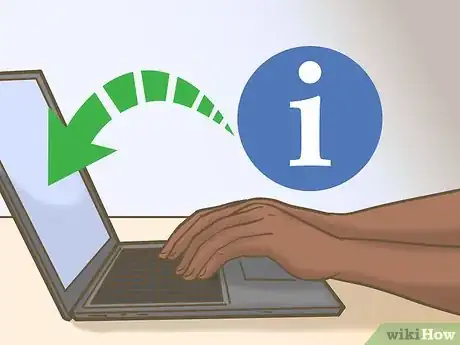



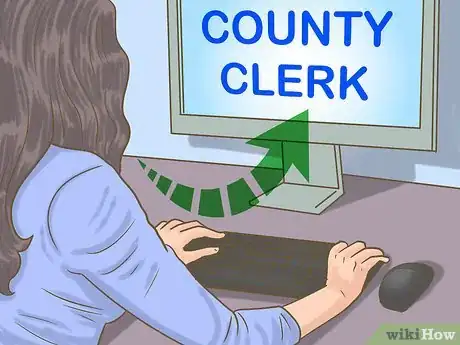








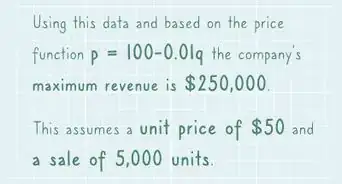

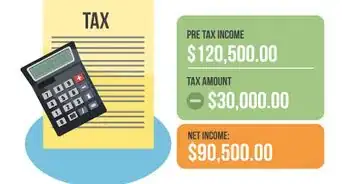

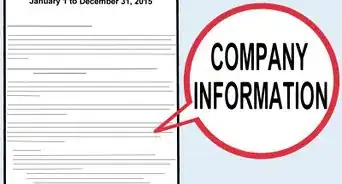

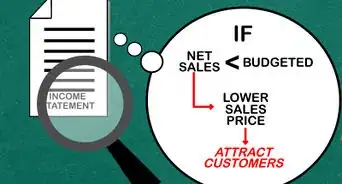
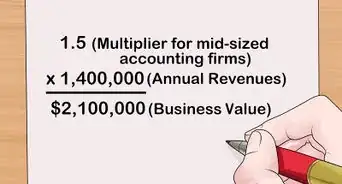
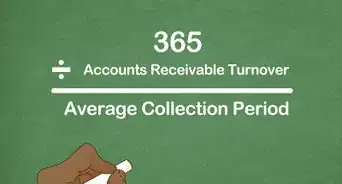
-Step-04.webp)

